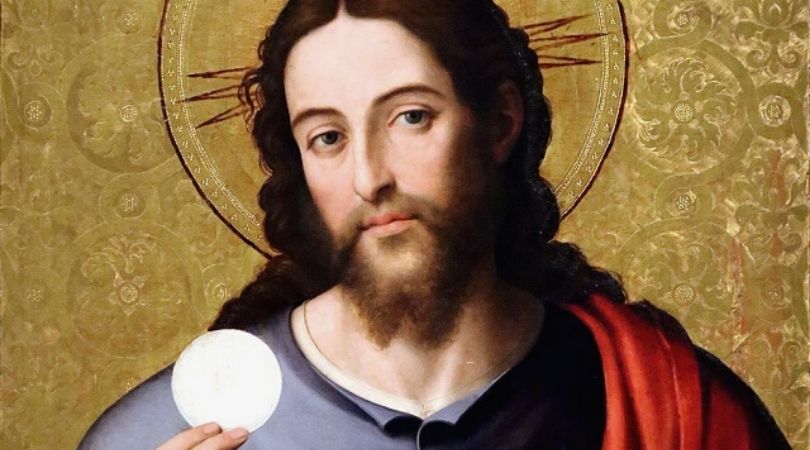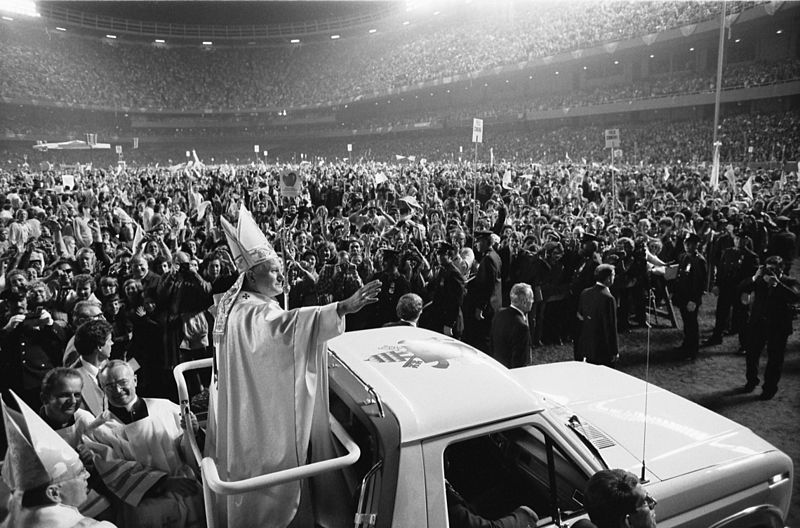Msgr. Charles Pope: A Summons to Courage from St. Bernard of Clairvaux
August 22, 2019Ohio Court Decision May Allow Health Department to Close Abortion Biz That Kills 3,000 Babies a Year, by Micaiah Bilger
August 22, 2019
By Fr. Michael Rennier, Aleteia, Aug 18, 2019
St. Bernard of Clairvaux sheds some light on how marriage is not really an equal partnership.
A study was recently published reminding us that, in married households, women do the vast majority of the housework. Guilty as charged. It isn’t that I purposely contribute less, but that I, apparently like most men, have embarrassingly low standards. I’m content to let the dishes pile up, don’t particularly care if the sink looks spotless, and don’t see the point in folding laundry when cramming it in a random drawer works just as well. Perhaps, as Mary Kenny contends over at the Catholic Herald, men’s brains are simply wired differently. Whatever the cause, I can certainly see how the situation seems unfair. It seems unfair because it is unfair. In fact, most marriages are riddled with unfairness. If the goal is a perfectly equal partnership in which duties are carefully discussed and agreed upon such that neither partner carries more of the load … well, I’ve never seen that arrangement in real life. Inevitably, married couples fall into a comfortable pattern that seems to work for them. I’ve seen marriages organized in all sorts of ways, and while seldom does it seem “equal” to an outside observer, it often works for them.
I wonder what it is about love that leads us to tolerate inequality. Love, I would think, would be the one state of life that would do the opposite, that would create a perfectly balanced partnership, and yet it never quite works out that way.
With this week’s feast of St. Bernard of Clairvaux, we have an unlikely example of the inequality of love. Bernard was a Benedictine monk who lived in the 12th century. He wasn’t married, but like all monks he made a series of vows that bound him in a “spiritual marriage” with God. During his time, the monks around him had somewhat relaxed from the original Rule of St. Benedict — the founding guidelines for how the monks would honor their vows. Bernard felt that he had more to give and desired to contribute more to his relationship with God. He was painfully aware of how much God had given to him and how little he had given in return, writing, “Clearly, lover and Love, soul and Word, bride and Bridegroom, creature and Creator do not flow with the same volume; one might as well equate a thirsty man with the fountain.” ….






